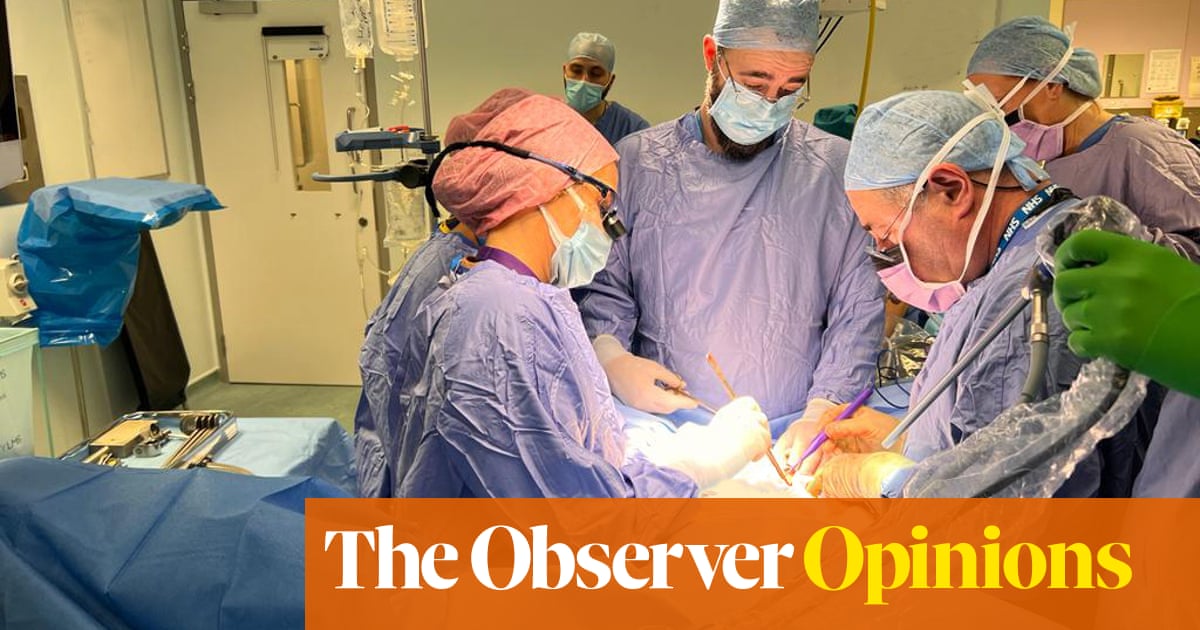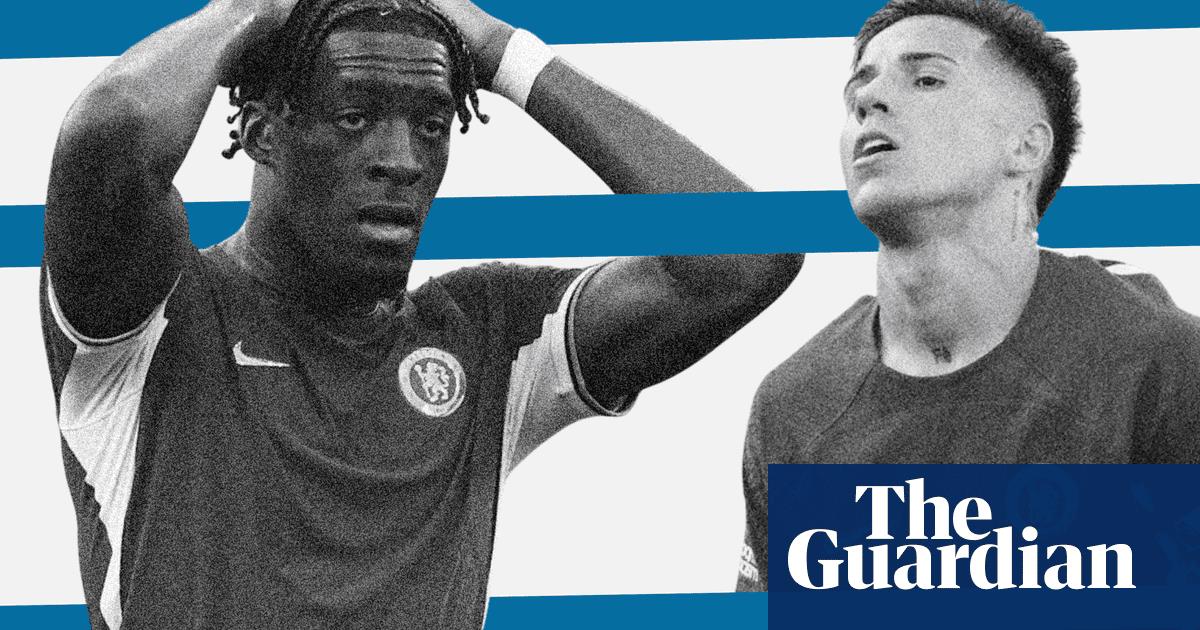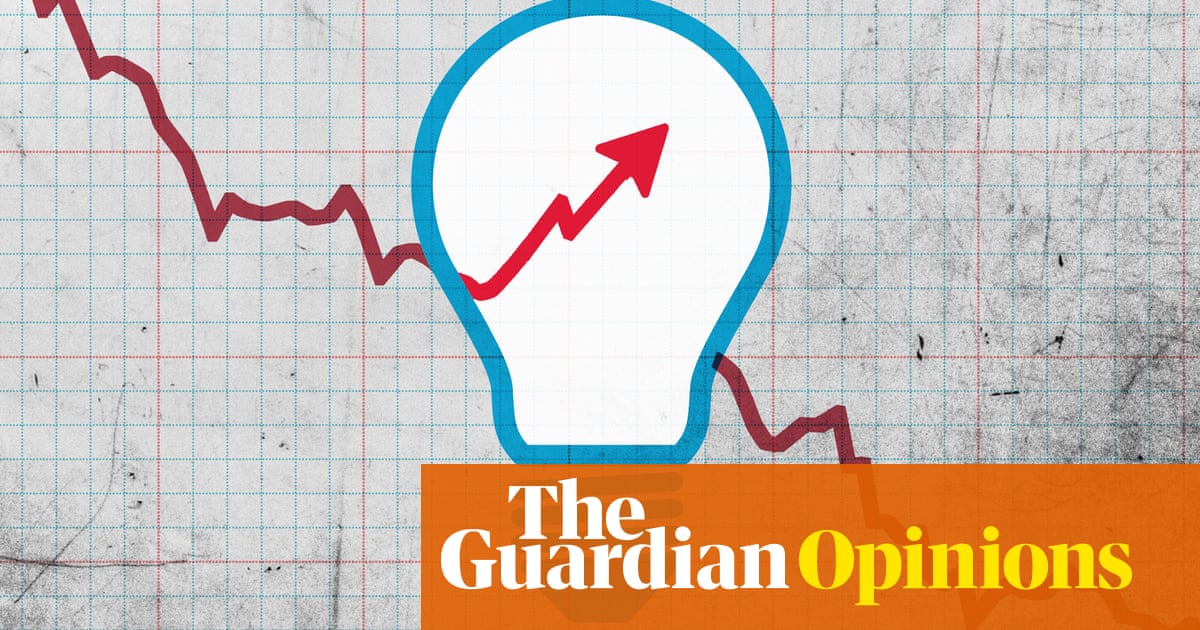
On Feb. 14 every year, Lebanon is reminded of the brutality of Hezbollah and the Syrian regime. This date marks the anniversary of the 2005 assassination of Rafik Hariri. It is a date, like so many in the country’s history, that is tainted with blood and terror. The Syrian regime and its heirs only kill those that embolden the idea of a united country. These attempts to destroy have been there from the start, with the assassination in 1951 of Lebanon’s first prime minister after independence, Riad Al-Solh. This was an augury of things to come for the unique country of the cedar.
Lebanon’s millennials and Generation Zers have only known political chaos and continuous deconstruction. They are born with the mission and goal of emigration. They live with the frustration of having an excellent knowledge of the geopolitical game board but being unable to change anything about it. They no longer believe in any leader. The country’s confessional political system might force them to align with their tribe, but they do not trust them. They have also seen the idea of Lebanon being diluted year after year and they know that all political messages are nothing but empty promises. As empty as their fridges.
This is why I often wonder, when looking at images of young Lebanese holding flags and protesting: What is the Lebanon they dream of? What does Lebanon mean for them today? Can a movement that is leaderless admire or believe in a leader, dead or alive? These movements are leaderless and yet dream of the same things. Today, due to the harsh conditions, it might only be basic needs such as security, electricity and healthcare, but deep down it is a proud Lebanon they want.
It is interesting that this happens in Lebanon while the world is witnessing a technological revolution that has decentralization as its leader. The new Web3 concept that revolves around blockchain promotes community decision-making as a business model. The world’s new entrepreneurs are looking at decentralized networks to give data ownership back to the community, while taking it from traditional web companies such as Facebook and Google. Could a leaderless movement do the same in Lebanese politics and give people back their pride? In both cases, I believe they will resort to leadership, but maybe masquerading as community decision-making.
Lebanon has been fortunate to see many great political leaders rise. However, the Syrian regime and its heirs killed each and every one that had the vision and ability to unite the country across religious boundaries. The killings do not discriminate according to religion, they simply target those capable of making their dream for the country a reality. They were people who, at the geopolitical crossroads of history, were capable of making Lebanon real; meaning they had to be killed. Unfortunately, I also see how today’s politicians have, for short-term and cheap political gain, reduced and diluted the legacies of our great Lebanese leaders.
On the 17th anniversary of Hariri’s assassination, his legacy and what he dreamed of for Lebanon have trickled down from a vision and a role for Lebanon to the narrow pursuit of a status quo to avoid clashes and an economic recovery program. Whether we agreed with his political vision or not, Hariri wanted to empower the Lebanese toward freedom and prosperity. It was about finding a role and place for the country; building a strong foundation from which the people could fly toward innovation and lead by their courage. Unfortunately, his assassination brought an end to this vision, just as great men before him faced the same fate.
It is time to preserve all these legacies. It is time to let Hariri rest in peace. He and his peers have done enough for Lebanon. The visions and dreams of previous leaders should no longer be used in political arguments. The Special Tribunal for Lebanon is symbolic of this situation. After many years and a billion-dollar budget, “international justice” had to collapse for the sake of “stability” and maintaining the status quo in the country. From Day 1, any Gen Zer could have told each and every political expert how this would end and that Hezbollah would not let justice be done. The tribunal did not even shake the group or its patrons. What it did is remind the Lebanese and the rest of the world of Lebanon’s power structure — a country where the victims are forced to renounce justice to ease the will of the guilty.
Lebanon today needs a new vision and a new spirit that empowers its population to leap forward. It needs a complete overhaul of its political system and political leadership. It needs a new leadership that comes from the youth. Yes, Hezbollah will still block any actions that aim to rebuild a new, prosperous Lebanon or that offer much-needed sovereignty. However, even if it takes another decade, things will change and therefore it is important to keep opposing Hezbollah’s actions. And, as long as Lebanon’s youths still dream of change and know the true value of their country, then nothing will be lost. The decentralized and leaderless opposition could be a great way forward.
Khaled Abou Zahr is CEO of Eurabia, a media and tech company. He is also the editor of Al-Watan Al-Arabi.












